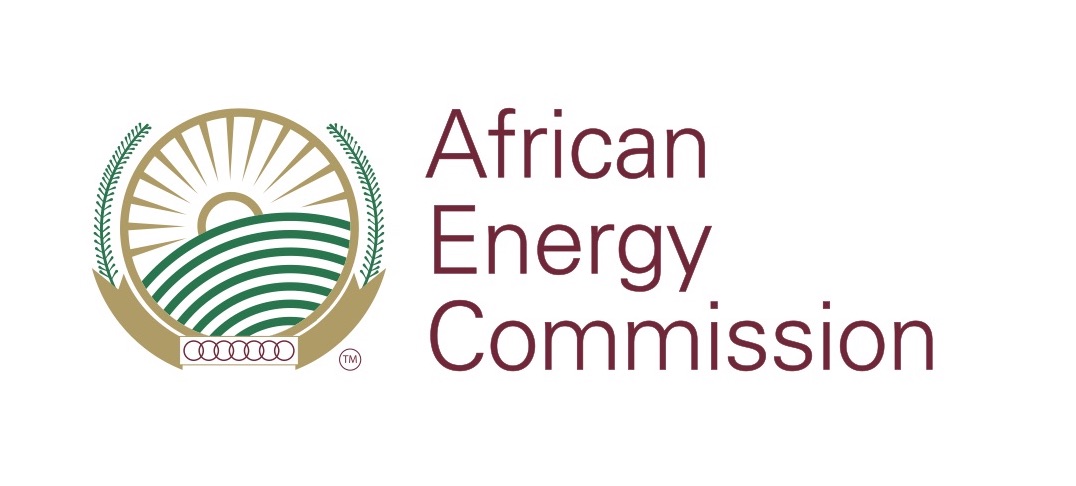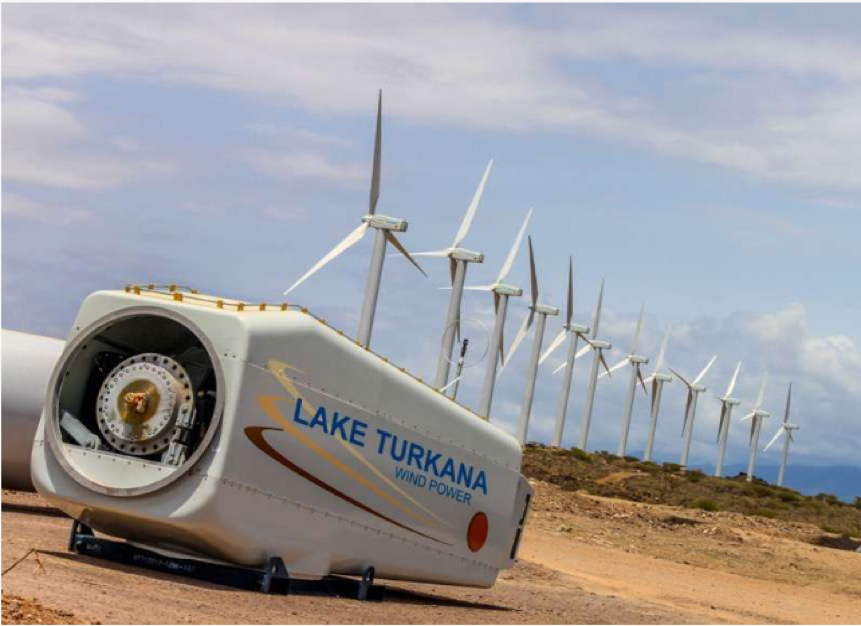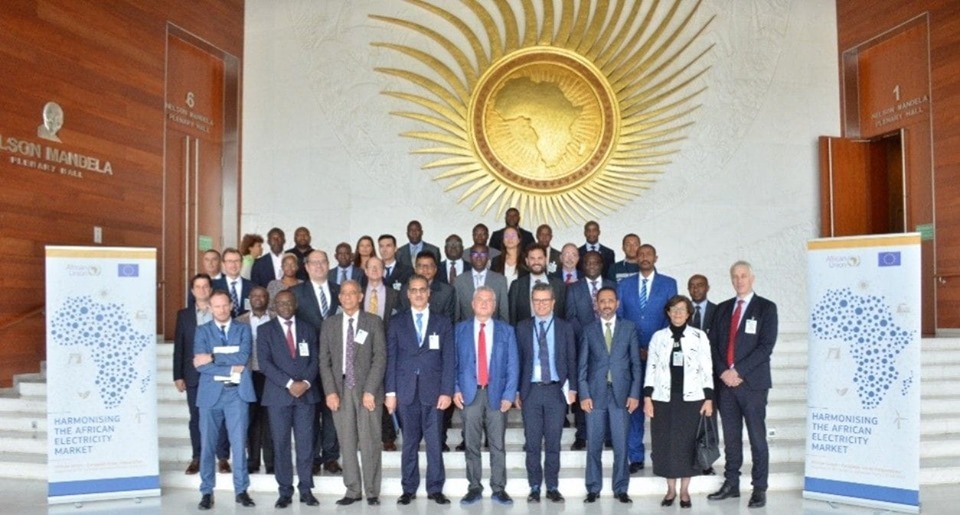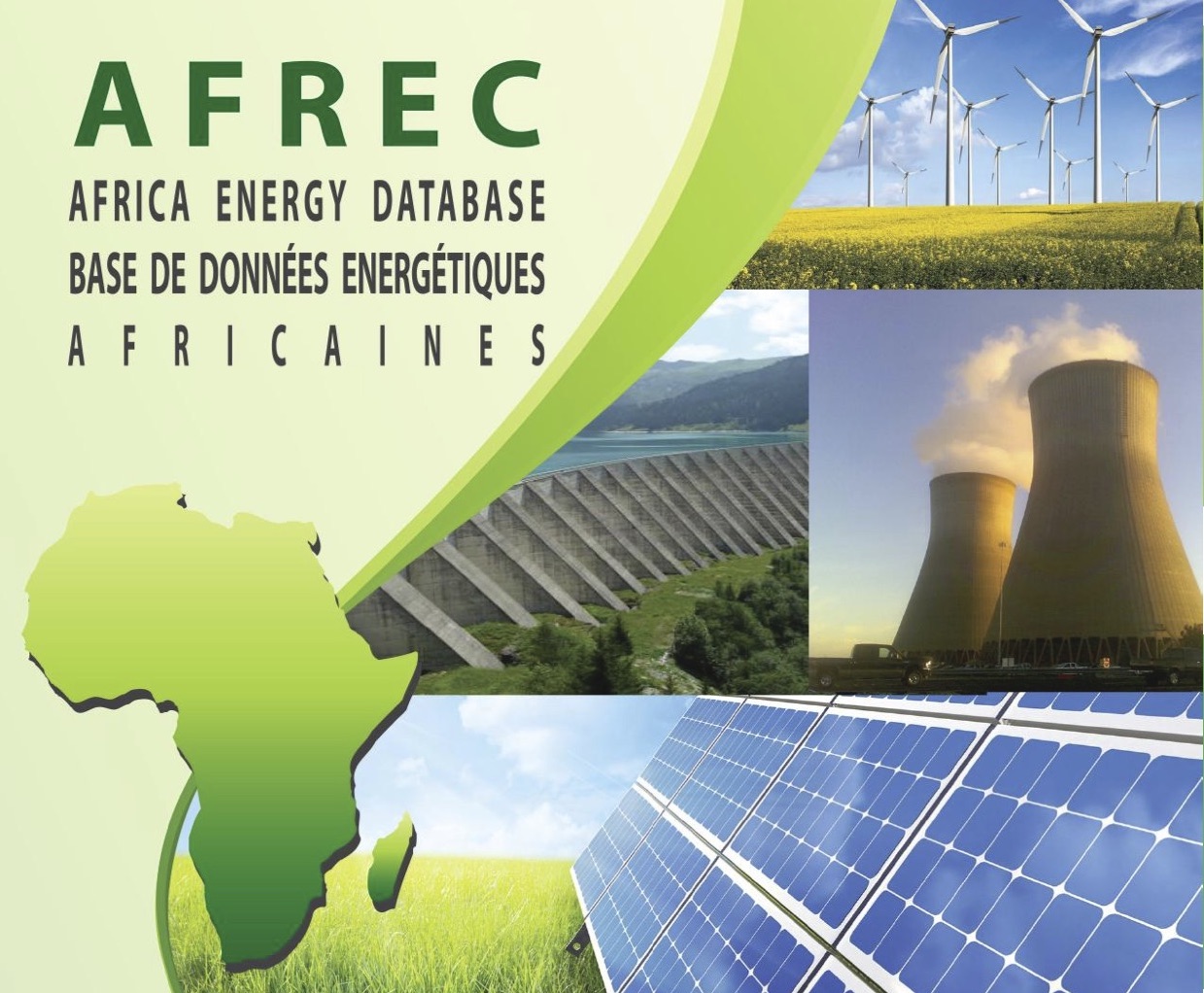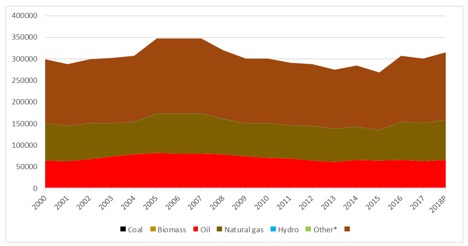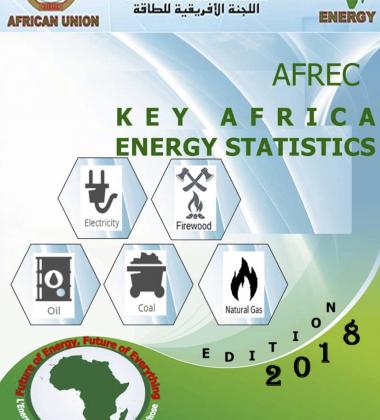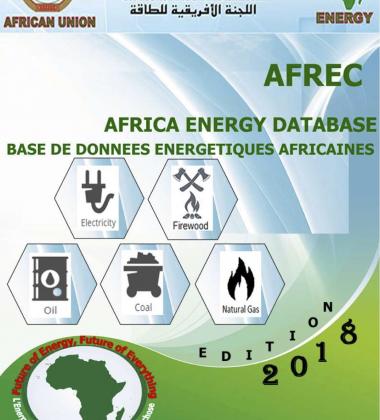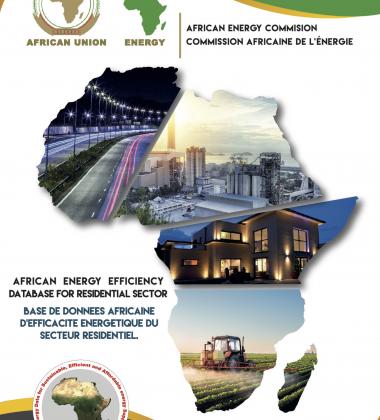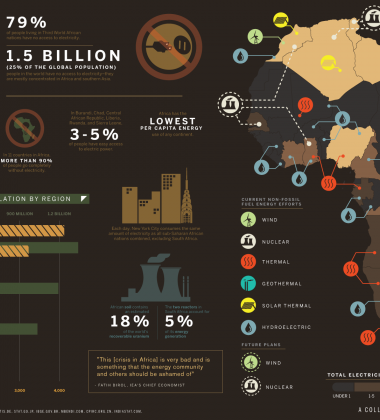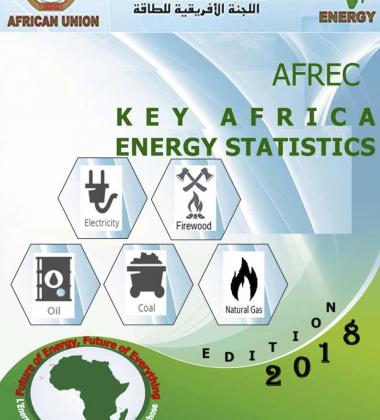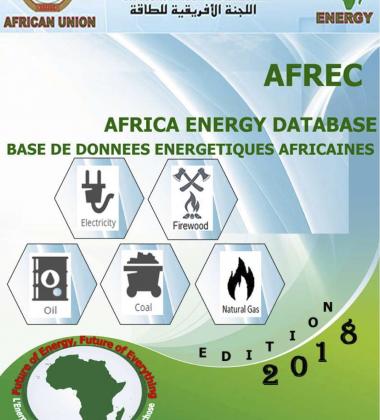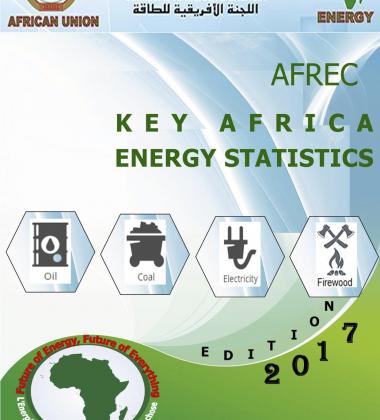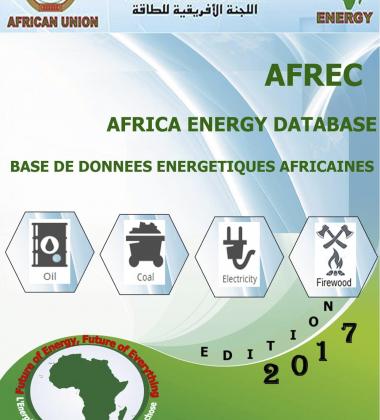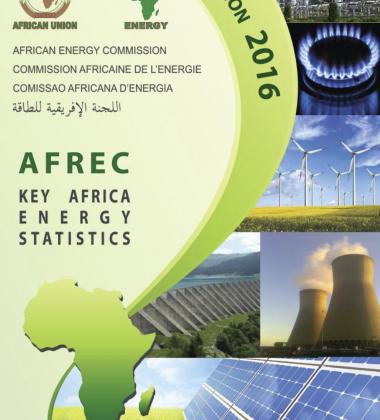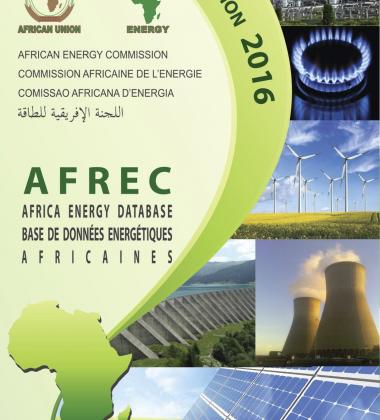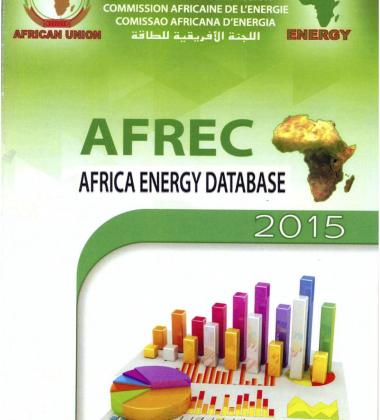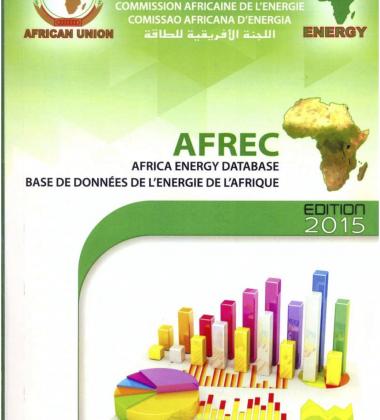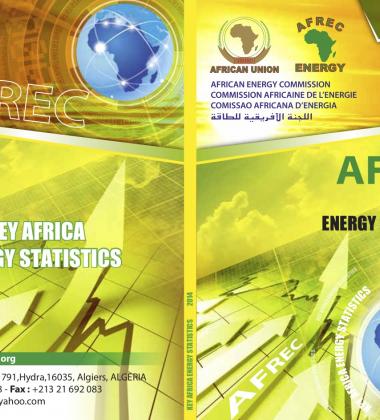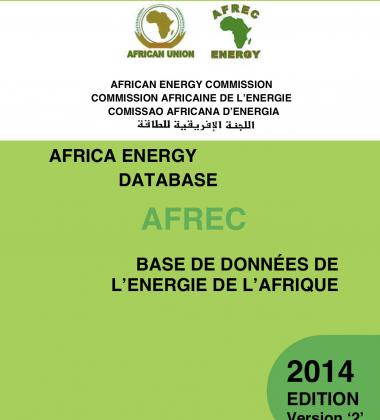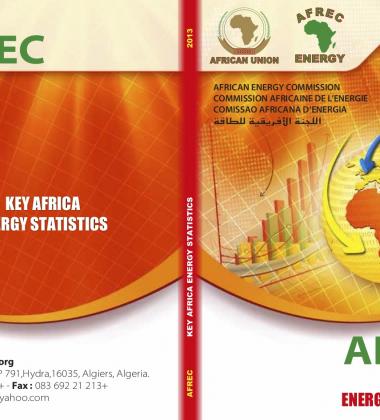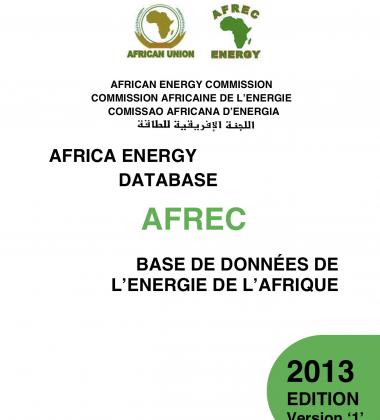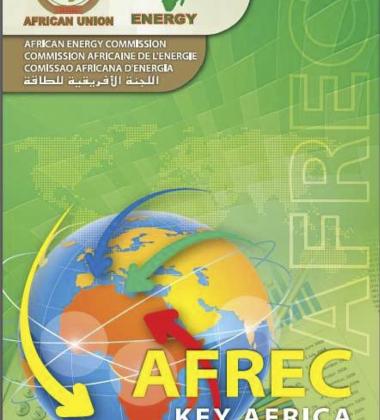The African Energy Information System (AEIS)
1. Introduction:
In order to fulfilling its mandate, AFREC has created a first ever a comprehensive “African Energy Information System (AEIS)” and database through creation of a series of energy databases of which the “African Energy Statistics Database” (AESD) has already developed, published and disseminated since 2012 annually in addition to the Biomass Database and Hydropower Database.
AFREC in collaboration with the Ministers in-Charge of Energy in Africa established a network of National Focal Points in the Ministries in-charge of energy around the continent to collect the energy data of their countries and assist in the creation of the African Energy Information System (AEIS).
AFREC publish annually Africa Energy Database which contains the Energy Balance for all African countries from 2000 to 2018 and for Africa from 2012 to 2018. The 2018 version has published in December 2018 and currently working 2019 version.
AFREC has two (2) Focal Points in each African country nominated by Ministers in charge of Energy, Focal Point of Energy Statistics and Focal Point of Energy Efficiency.
African Energy Statistics in 2019 will expand the coverage to include the following:
- The Carbone dioxide (CO2) emission.
- Energy Prices and Taxes data. Indeed.
AFREC started creation of the African Energy Efficiency Indicators Database for Residential Sector in 2017 and the first version of this publication published and disseminated in March 2019.
AFREC has started in 2019 creating the energy efficiency database for industry. Other sectors like transport, Service public & commerce, Agriculture, etc will follow in the coming years.
2. Improvement to AEIS:
In recognition of the importance of high quality data for African Decision Makers and achievements reached so far, AFREC plans to evaluate current processes and procedure for collecting, processing, validating, disseminating the energy data and linkage with the decision making processes in African Union Commission and African Members Countries.M.
As the result of this evaluation, AFREC plans to develop a holistic improvement plan to AEIS that will address all the challenges and bottle necks including, but not being limited to, information technology infrastructure requirements, procedural mechanisms, information flow processing, human capacity, technology architecture, programming and equipment, required fund and any other requirements. The improvement will also include the improvement and expansion of the energy data collected to provide more information and indicators to make AEIS a more integrated and comprehensive system.
3. Objectives of the Programme:
The main objective of planned improvement is to evaluate the existing AEIS, propose the required improvement and provide an implementation action plan that include an estimation of the funds required and the time frame for implementation. The specific objectives include but are not limited to the following:
- AEIS to be more integrated and comprehensive by including all the necessary energy data and indicators;
- Energy data collection to be more be efficient, sustainable with required quality;
- Energy data and indicators validation and processing to be more robust to a high standard;
- Effective way of Dissemination of energy data and indicators to the wide range of stakeholders in Africa and beyond;
- AEIS link with the decision-making processes in African Union, RECs, Regional Institutions, African countries and energy investors;
- AFREC to be empowered by the required fund, human resources and technologies;
4. Recommendation:
Support the AFREC in improving the AEIS and urge the African union, African Energy Commission (AFREC), Regional institutions and Member States to allocated the required resources to make the AEIS more inclusive and covering more energy data and indicators in member states;
Key Resources
- August 16, 2019
- August 20, 2018
- August 20, 2018
-
August 20, 2018
The AFREC Africa Energy Statistics is a comprehensive collection of statistical data based on production, consumption, imports and exports of energy resources of the African countries.
- August 01, 2018
- August 01, 2018
- August 01, 2018
- April 01, 2018
- September 01, 2017
- August 20, 2017
- August 20, 2017
- April 01, 2017
- August 20, 2016
- August 20, 2016
- June 01, 2016
- August 20, 2015
- August 20, 2015
- June 01, 2015
- August 20, 2014
- August 20, 2014
- August 20, 2013
- August 20, 2013
- June 01, 2013
- August 20, 2012








